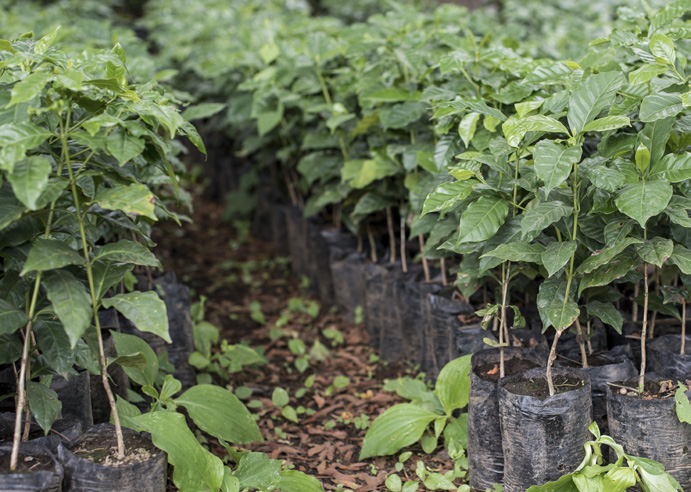Coffee for Consumers and Exporters
In 1927, the Pacas López family began to venture into the coffee business in El Salvador with the purchase of 87 hectares of land near the Santa Ana volcano.
Today, the family business has become Tejemet, a company that sells coffee directly to consumers and exporters. It has annual revenues of more than USD 3 million and employs around 350 people during harvest season. Tejemet has 280 hectares of cultivated coffee plants distributed across eight farms. The main coffee varieties grown include Bourbon, Pacas, and Pacamara.
In 2002, Tejemet set up a coffee mill that can process up to 3,600 metric tons of coffee annually. The company has the flexibility to process the coffee while considering buyers’ specific requirements, in terms of roasting and quality. Responding to individual client needs has always been at the core of the family’s business philosophy allowing them to establish long-standing commercial relationships.
Approximately 40% of the coffee processed at the mill comes from Tejemet’s own farms. The remainder is sourced from other local producers, mostly small farmers who follow the quality and sustainability protocols established by Tejemet. Thus, it not only fulfills consumer demand but also supports small producers, helping to grow the market for sustainable coffee.
The family has built a solid reputation for El Salvador’s specialty coffee with its own brand - Cafe Tuxpal. Each of their products details the farm name, coffee variety, and process used. In 2006, they also opened Viva Espresso, a coffee shop and bar that has four outlets across the country and is set to expand internationally.

Share: